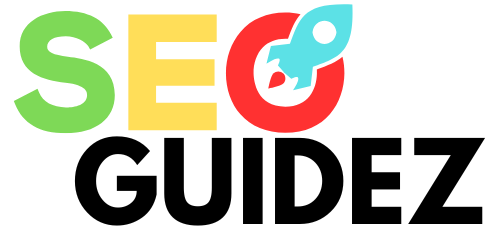Search engine optimization (SEO) is a crucial strategy for improving a website’s visibility on search engines like Google. However, SEO is not a one-size-fits-all approach—it is divided into two primary categories: on-page SEO and off-page SEO. Understanding the difference between these two can help businesses improve their rankings, drive more traffic, and generate quality leads.
What Is On-Page SEO?
On-page SEO refers to all the optimizations made directly on your website to improve its search engine rankings. This includes elements that you have full control over, such as:
- Keyword Optimization: Incorporating relevant keywords naturally within your content, headings, meta descriptions, and URLs.
- Content Quality: Creating valuable, engaging, and informative content that satisfies user intent.
- Title Tags and Meta Descriptions: Writing compelling and keyword-rich meta tags to enhance click-through rates.
- Header Tags (H1, H2, H3): Structuring content with appropriate headers for better readability and SEO.
- Internal Linking: Connecting related pages on your website to enhance navigation and help search engines understand site structure.
- Page Speed and Mobile-Friendliness: Ensuring your site loads quickly and is optimized for mobile devices.
- Image Optimization: Compressing images and using alt tags to improve accessibility and SEO performance.
On-page SEO is essential because it helps search engines understand what your website is about and whether it is relevant to users’ search queries. Without proper on-page SEO, even the best off-page strategies won’t be as effective.
What Is Off-Page SEO?
Off-page SEO involves actions taken outside of your website to improve its authority, credibility, and rankings. While on-page SEO focuses on optimizing your website’s content and structure, off-page SEO is about building trust and recognition through external sources. Key off-page SEO strategies include:
- Backlink Building: Acquiring high-quality backlinks from authoritative websites to signal trustworthiness to search engines.
- Social Media Engagement: Promoting content on social platforms to drive traffic and engagement.
- Guest Blogging: Writing articles for other websites to gain exposure and backlinks.
- Brand Mentions: Encouraging mentions of your brand across the web, even without direct links.
- Local SEO and Citations: Listing your business on directories like Google My Business and industry-specific platforms to improve local search rankings.
Off-page SEO plays a crucial role in increasing a site’s domain authority. Search engines view high-quality backlinks as votes of confidence, helping your site rank higher for competitive keywords.
Which One Matters More?
Both on-page and off-page SEO are essential for a successful digital marketing strategy. On-page SEO ensures that your website is well-optimized and provides a great user experience, while off-page SEO helps build credibility and trust with search engines. Businesses looking to improve their search rankings should focus on both aspects for the best results.
If you’re searching for SEO services near me, working with an expert team can help implement a well-rounded strategy that includes both on-page and off-page SEO. Additionally, businesses in niche markets, such as home improvement, can benefit from targeted lead generation strategies. For example, those in the foundation repair industry can leverage foundation repair leads to attract high-quality prospects.
By integrating on-page and off-page SEO into your marketing plan, you can improve search rankings, attract more traffic, and convert more visitors into customers.

